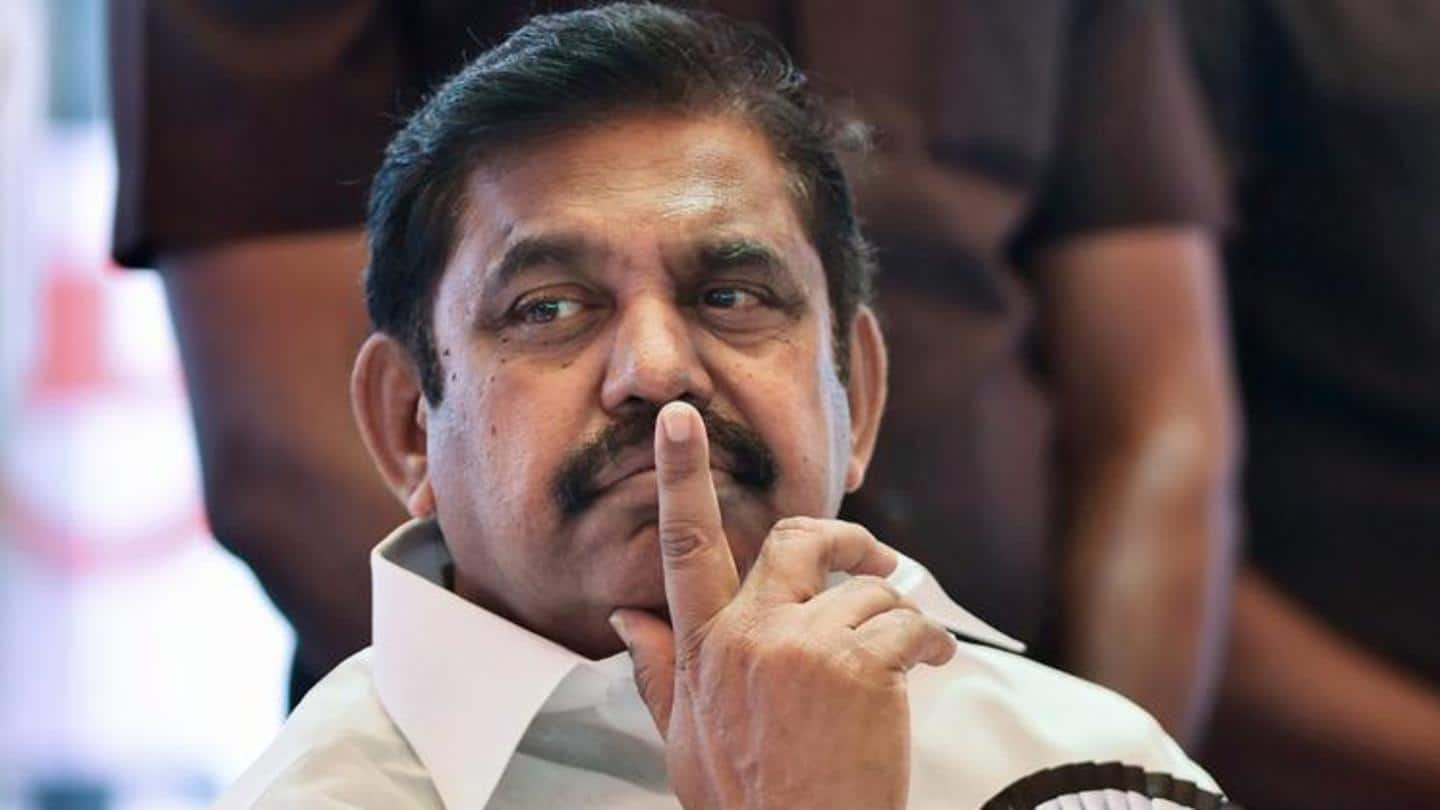
Will never allow three-language formula: Tamil Nadu CM on NEP
What's the story
Tamil Nadu Chief Minister Edappadi K Palaniswami on Monday rejected the three-language policy as mentioned in the new National Education Policy (NEP).
The CM said that schools in the state will continue to follow the two-language policy instead.
The new NEP, which Palaniswami described as disappointing, was unveiled late July and is yet to be implemented.
Here are more details.
Background
Palaniswami pointed out that previous state governments opposed three-language formula
Palaniswami recalled the consistent stand of previous state governments and CMs—Annadurai, MG Ramachandran, and J Jayalalithaa—against the three-language policy and the imposition of Hindi.
He said that in 1968, Annadurai had passed a resolution in the state Legislative Assembly to follow only the two-language policy.
In 1965, when the Centre attempted to make Hindi India's official language, protests had erupted in TN, Palaniswami recalled.
Quote
'Had written to Modi saying we'll only follow two-language policy'
The News Minute quoted Palaniswami as saying, "The current government which follows the footsteps of these great leaders had strongly opposed the three-language policy when the draft of the NEP was released."
The CM added, "Moreover, as far as Tamil Nadu is concerned, I had also written to the Prime Minister on 26.6.2019 saying that we will follow only two-language policy in the state."
Details
Will never allow three-language policy in Tamil Nadu: Palaniswami
Palaniswami added, "Though the three-language policy has been mentioned in the National Education Policy 2020, this government running in the name of Honourable Amma will never allow three-language policy in Tamil Nadu and will continue to follow the two-language policy in education."
He requested Prime Minister Narendra Modi to reconsider the policy and allow states to implement it based on their decisions.
NEP
What does the NEP say about three-language formula?
The new NEP states that the three-language formula will continue being implemented to promote multilingualism and "national unity."
It adds, "No language will be imposed on any state. The three languages learned by children will be the choices of states, regions, and of course, the students themselves, so long as at least two of the three languages are native to India."